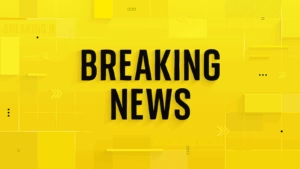The UK economy experienced stagnant growth in July, as per the official figures released. This represents a decline compared to June’s growth rate of 0.4%, according to the Office for National Statistics (ONS).
Despite a strong expansion of GDP in the first half of the year, which positioned the UK as the fastest-growing economy among the G7 nations, a slowdown was anticipated in the latter half of the year. The lack of growth in July is likely to raise concerns regarding Labour’s pledge to boost the economy.
Business organizations have attributed the deceleration to the £25bn hike in employer national insurance contributions (NICs) and the significant increase in the national living wage, both effective from April. These changes are expected to contribute to a potential need for the Chancellor, Rachel Reeves, to introduce a package of tax increases when she presents her second budget on 26th November. This is to offset the anticipated downgrade in the Office for Budget Responsibility’s forecasts.
The economic slowdown is also accompanied by higher-than-expected inflation, which surged to 3.8% in July. As a result, investors have reduced their expectations for further interest rate cuts from the Bank of England in the coming months.
The Bank’s monetary policy committee, consisting of nine members, is forecasted to keep interest rates at 4% when they convene next Thursday.
Jobs and inflation data, scheduled for release earlier in the week, will provide further insight into the economic situation, though policymakers have repeatedly highlighted the challenges posed by known flaws in the ONS data in accurately assessing the state of the economy.
Source: https://www.theguardian.com/business/2025/sep/12/uk-economy-flatlines-july-grim-news-rachel-reeves







